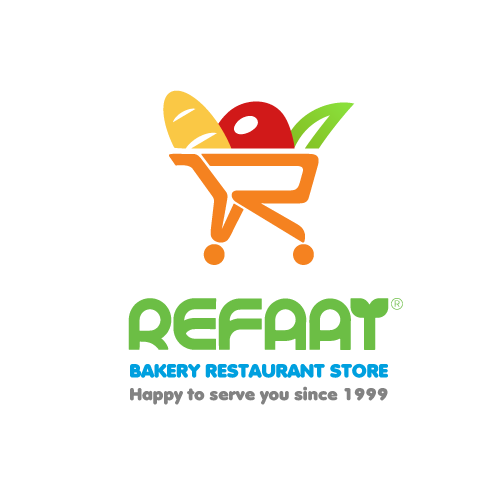Five Strategies for Successfully Managing Supermarket Accounts

Managing a supermarket requires the cooperation of many elements to succeed, as it is like a chain consisting of many links. The negligence or poor management of one link affects the entire process, as accounts are influenced by the quantities of sales and purchases, and the success of sales is affected by monitoring the inventory, its quantities, and its expiration dates, and so on.
As for the most prominent factors that help you manage a supermarket successfully, we find:
- Follow-up on Suppliers’ Accounts First-Hand
Some people wonder how to manage supermarket accounts successfully. One of the first factors that help achieve successful management is to follow up on suppliers’ accounts first-hand and periodically. Failing to do so will lead to their accumulation, resulting in problems such as loss, exposure to debt, or other financial crises. You can avoid these consequences by setting fixed dates with suppliers to follow up and settle accounts regularly.
- Regular Inventory of Products
The importance of inventorying products in a supermarket is not limited to ensuring their quality and validity only; it also includes helping to manage supermarket accounts. By comparing invoices with goods and ensuring that there is no theft or fraud, you can monitor and increase your total profits by tracking the average daily sales of products.
You can accomplish this step by setting specific dates for regular inventory checks, in addition to conducting random checks to ensure that the stored quantities match the data you have registered. This will ultimately increase the effectiveness of supermarket management, enhance control, and facilitate the management of accounts.
- Monitoring Stagnant Stocks and the Movement of Items
One of the most important aspects of successfully managing supermarket accounts is monitoring stagnant stocks and the movement of items. By identifying stagnant products, you can make appropriate decisions to manage and sell them, preventing losses and spoilage. This not only satisfies your customers but also reduces storage costs.
Additionally, you can return stagnant goods to the supplier and settle accounts with them if the terms between you and the supplier allow for that.
Monitoring the movement of items helps you identify the products that are in high demand, enabling you to stock them to increase sales. It also allows you to recognize the products that customers are reluctant to purchase, helping you avoid importing such items, thereby preventing negative impacts on your sales.
- Purchasing Centralization
One of the most important factors that greatly affects the successful management of supermarket accounts is the centralization of purchases. This approach helps avoid problems related to product accumulation that can occur when suppliers provide you with items without your knowledge, even if you do not need them. Such situations can adversely affect your accounting process and lead to product stagnation and expiration, resulting in financial losses.
To successfully manage supermarket accounts, you must focus on the centralization of purchases. Determine your needs for products and items, and ensure that you follow up on receiving them from suppliers without increasing or decreasing quantities unnecessarily.
- Setting a Reorder Limit
“Sorry, this product is out of stock.”
This phrase causes frustration for customers as soon as they hear it, and if it is repeated frequently, it may lead buyers to avoid your supermarket, ultimately exposing your business to losses. To prevent this issue and overcome it, you can set a reorder limit to effectively manage your inventory, monitor your accounts, and streamline your purchases. This will help you identify the products that are about to run out and ensure that they are restocked in a timely manner.
Keywords: supermarket, accounts, purchases, inventory.
